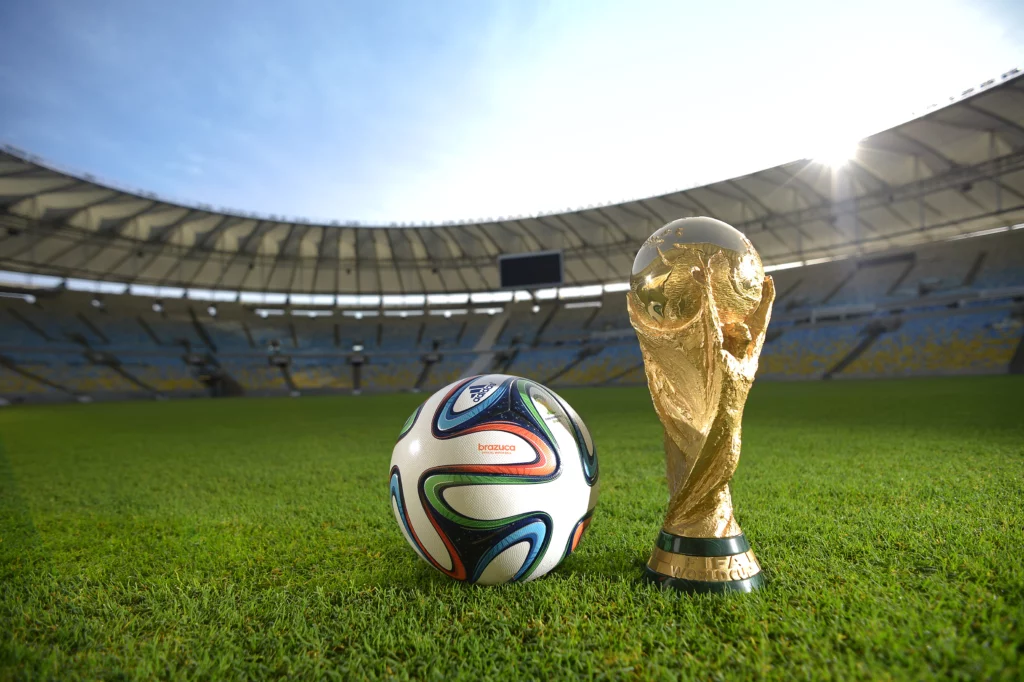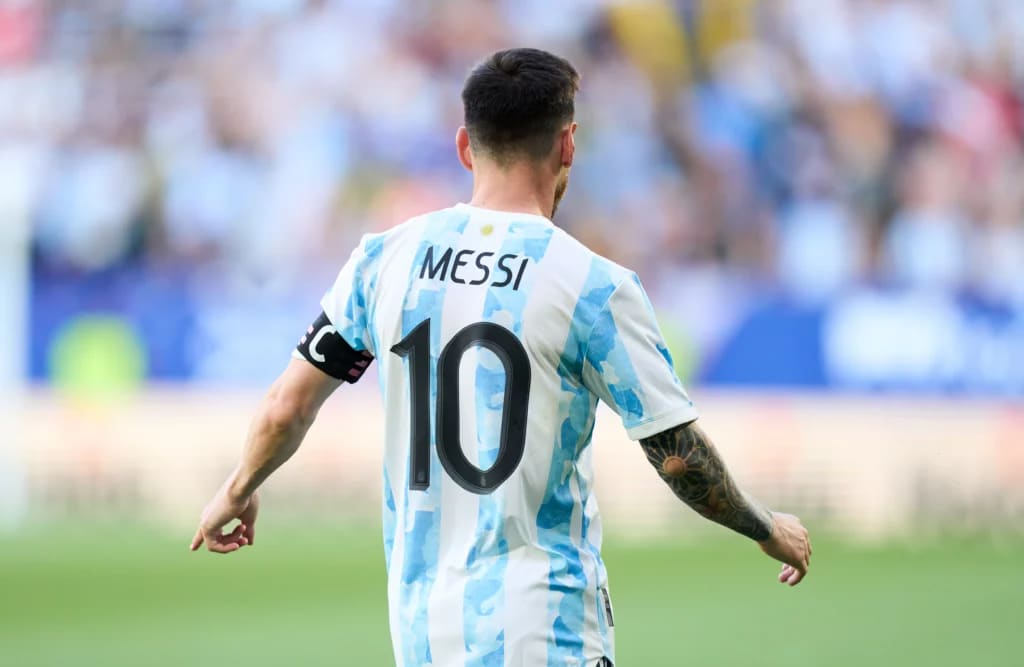Lionel Messi has done it all in football with one notable exception – he has never lifted the World Cup.
The closest he came was in the 2014 World Cup final, an Argentine loss to Germany that denied the player widely seen as the greatest of all-time a chance to get his hands on the most prestigious prize in international football. That, however, could change this winter.
Argentina are expected to be among the frontrunners to go all the way in Qatar. At 35 years old, this might be Messi’s last chance to lead his country to World Cup glory, but it could also be his best chance to do so. Indeed, La Albiceleste haven’t been this strong for over a decade. There’s much more to them than just Messi.
Support system
At the 2018 World Cup, Argentina’s game plan essentially amounted to passing Messi the ball and hoping for a moment of individual brilliance from their best player. Now, there is a support system around Messi.
Lionel Scaloni’s team has a structure and balance, as demonstrated by last summer’s Copa America triumph, which ended Argentina’s 28-year trophy drought.

The AllStar’s World Cup Survey
Do you think Argentina will win it all this time? Who else will make it past the group stage? Take The AllStar’s World Cup survey.
Scaloni has adopted a narrow structure to channel the majority of Argentina’s possession play through the middle of the pitch. This gives the full backs a lot of freedom to push high up the pitch with Nahuel Molina and Nicolas Tagliafico more than willing to offer width and an outlet on the flanks.
In terms of their use of the ball, Argentina now look to dominate possession more than they did before the appointment of Scaloni in 2018 – Argentina averaged 58.6% possession during the 2022 World Cup qualifying cycle. Scaloni looks to deep-lying playmakers like Rodrigo de Paul and Giovani Lo Celso to break the lines through with incisive passing.
2022 World Cup
Argentina plays at a high tempo with Scaloni positioning his players close together to create passing triangles across the pitch. At their best, Argentina play a brand of sharp, one-touch football that compels fans. They could be one of the most entertaining teams at the World Cup this winter.
Defensively, Argentina are disciplined out of possession. Scaloni keeps his defence compact and asks his forwards to press from the front, although Messi is allowed to step back to take up a position as a central playmaker in anticipation of when his team win the ball back.
When Argentina moves defensively, the squad moves as a unit. Everyone on the pitch knows their duties and responsibilities.
Messi might be one of the best goalscorers in football history, but his passing range is something that has been utilised to great effect by Scaloni. This is illustrated in some of the numbers – Messi averaged 37.51 passes per 90 minutes in 2018 World Cup qualifying while this number was bumped up to 51.34 passes per 90 minutes for 2022 World Cup qualifying.
Paris Saint-Germain
This reflects a shift in the way Messi is being used at club level with Paris Saint-Germain’s Christophe Galtier deploying the 35-year-old as a playmaker behind a front two of Kylian Mbappe and Neymar. Scaloni has done something similar as Argentina manager, only it’s Lautaro Martinez and Angel di Maria making penetrating runs beyond Messi.
In the past, Messi was the system for Argentina. Now, though, he is there to enhance a well-built system that would still sustain a side without Messi – should he miss any matches through injury or suspension.
Argentina now plays with a more coherent approach as a unit, making the most of the individual talent they have within their ranks.
Messi’s relationship with the Argentine national team has long been a difficult one. Many fans hold it against Messi that he has never won the World Cup for his country. For some Argentineans, Diego Maradona remains the greatest ever player to have ever played for Argentina – he famously led Argentina to victory in the 1986 World Cup.
Pressure
There was a time not so long ago when Messi’s international career looked to be over – Messi even retired from Argentine duty for a period in 2016. Defeat in the final of the 2014 World Cup and the 2016 Copa America, and the pressure on Messi’s shoulders, drained him.
This was evident in his body language when playing for the national team: He no longer wanted to play for his country.
A shift has occurred since then. Messi no longer feels like he has the weight of a nation on his shoulders. There has been a freeness to his recent performances for Argentina, but this hasn’t happened by accident. Scaloni has built a team around the 35-year-old.
The 2022 World Cup won’t see Messi at his individual best, but it could see him at his most influential. And help him break the drought.

